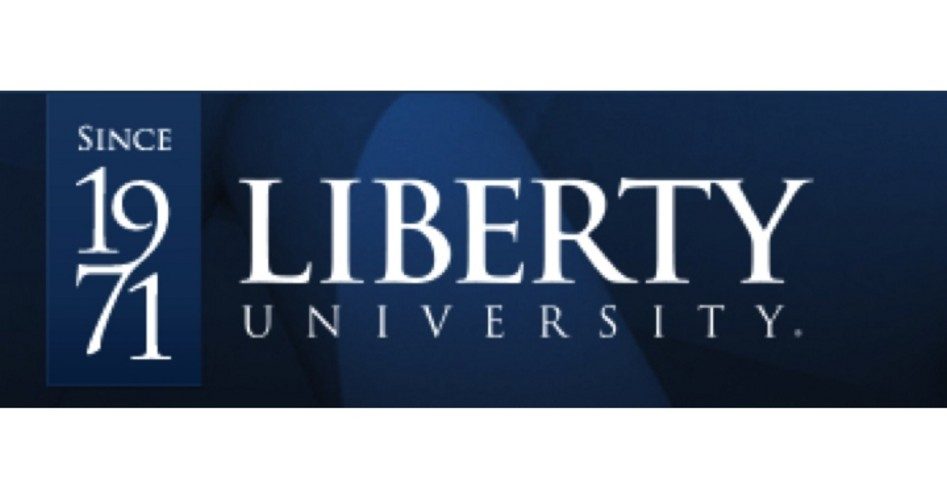
The U.S. Supreme Court Monday declined to hear an appeal from a Christian college challenging aspects of the health insurance law called the Patient Protection and Affordable Care Act. Liberty University in Lynchburg, Virginia, was appealing a lower court ruling against its challenge to the constitutionality of the law, passed by Congress and signed into law by President Obama in 2010. Lawyers for the university argued that Congress lacks the authority to impose a mandate on employers to provide prescribed health insurance for their workers or pay substantial fines. In their appeal to the Supreme Court, Liberty’s lawyers also claimed the mandate for coverage of contraceptive services, issued by Health and Human Services Secretary Kathleen Sebelius under the Affordable Care Act, violates the university’s religious liberty, a claim similar to those made in numerous other suits against the mandate, filed by both religious and secular organizations. But lawyers for the government argued that the university should not be allowed to raise an issue that was not included in its brief and appeal in the lower court.
The court did not say why it would not hear the case of Liberty University v. Jacob Lew, Secretary of the Treasury. In June 2012, the court upheld the individual mandate requiring persons not otherwise covered by health insurance to purchase a policy or be fined. Petitioners in that case argued that the power of Congress under the Constitution to regulate Interstate Commerce could not include the authority to penalize individuals for not purchasing health insurance, since a non-purchase is not commerce. In a 5-4 decision the court upheld the mandate, with Chief Justice John Roberts, usually aligned with the court’s conservative bloc, providing the crucial fifth vote that saved an essential feature of the “ObamaCare” law. In writing the majority opinion, Roberts stated the penalty for enforcing the mandate fell under the taxing power of Congress. In his brief for Liberty University, attorney Mathew Staver argued that both the individual and employer mandates go beyond the authority delegated to Congress by the Constitution.
“Just as the attempt to force individuals to purchase a particular product exceeded the limits of the Commerce Clause, so too does Congress’ attempt to force employers to purchase the same unwanted product,” Staver wrote. U.S. Solicitor General Donald Verrilli argued in his brief that the employer mandate is as much within the power of Congress as other laws affecting interstate commerce, such as minimum wage laws.
Last week the Supreme Court agreed to hear a case involving two for-profit corporations that argue the Affordable Care Act violates their religious rights by forcing them to provide coverage for abortion and contraceptive services that violate their religious beliefs. The case, Sebelius v. Hobby Lobby Stores, Inc., involves challenges from the conservative Christian owners of Hobby Lobby and its sister corporation, Mardel, and the Mennonite owner of Conestoga Wood Specialties, based in Pennsylvania. The United States Conference of Catholic Bishops has also filed suit against the Health and Human Services contraceptive mandate. A total of 84 suits have been filed against the mandate, according to the Beckett Fund for Religious Liberty, which is representing the Hobby Lobby stores.



